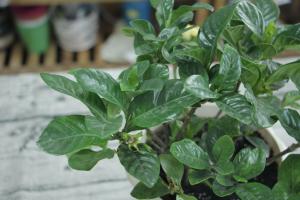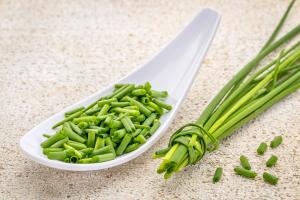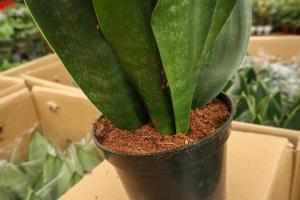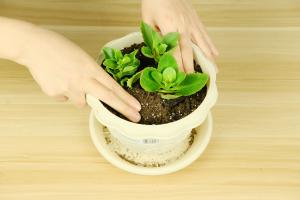Introduction
Black walnut trees are well-known for their hardwood and unique flavor, but did you know these trees can also have a significant impact on the plant life growing around them? In this article, we’ll explore what plants grow near black walnut trees, how the trees affect their growth, and some tips for planting near black walnut trees.
What plants grow near black walnut trees?
Black walnut trees produce a chemical called juglone, which can be toxic to some plants. As a result, the plant life growing around black walnut trees can be limited compared to areas without them. However, some plants have developed a resistance to juglone and can grow successfully near black walnut trees. Here are a few examples:
-White ash
-Birch trees
-Dogwood
-Hackberry
-Hawthorn
-Hickory
-Holly
-Ironwood
-Maple trees
How do black walnut trees affect plants?
Juglone, the toxin produced by black walnut trees, is primarily found in the tree’s roots, nuts, and leaves. When these parts decompose, the toxin is released into the soil, which is why plants growing near black walnut trees can be affected. Juglone affects plants by inhibiting the growth of their roots, which can cause stunted growth and yellowing leaves. In some cases, it can even kill the plant.
Tips for planting near black walnut trees
If you’re planning to plant near a black walnut tree, here are a few tips to keep in mind:
1. Plant resistant species: As mentioned earlier, some plants are more resistant to juglone than others. It’s important to choose plants that are known to be more tolerant, such as the ones listed above.
2. Plant further away: If possible, plant further away from the black walnut tree to reduce the amount of juglone in the soil.
3. Use raised beds: Raised beds can help provide a barrier between the plant roots and the toxic soil.
4. Remove fallen leaves and nuts: To reduce the amount of juglone in the soil, make sure to remove any fallen leaves and nuts.
5. Monitor plant health: Keep an eye on the plant’s growth and health. If it appears to be struggling, it may be a sign of juglone toxicity.
Conclusion
While black walnut trees can limit the plant life growing around them, there are still options for planting in their vicinity. By choosing resistant species, planting further away, using raised beds, removing fallen leaves and nuts, and monitoring plant health, you can create a healthy and vibrant landscape even near these unique and stunning trees.

 how many times do yo...
how many times do yo... how many planted tre...
how many planted tre... how many pine trees ...
how many pine trees ... how many pecan trees...
how many pecan trees... how many plants comp...
how many plants comp... how many plants can ...
how many plants can ... how many plants and ...
how many plants and ... how many pepper plan...
how many pepper plan...
































